By Michele Bourdieu
Rolf Peterson, Michigan Tech professor emeritus of wildlife ecology, co-director of the Isle Royale wolf-moose study, and internationally known expert on wolves, presents "The Wolves of Isle Royale" during the 2010 "Celebrate the U.P.," in Marquette, sponsored by the Upper Peninsula Environmental Coalition (UPEC). Peterson says Michigan legislators need to pay attention to science in managing wolves. (Keweenaw Now file photo)
MARQUETTE, HOUGHTON -- According to an April 26, 2013, article on Great Lakes Radio News (WKQS FM, Sunny 101.9), the amended version of SB 288 that passed the
Michigan House last week did not include the controversial appropriation that would have disallowed a referendum. A petition signed by more than 250,000 voters against PA 520 -- a December 2012 law making the wolf a game animal -- would not apply to this bill should it become law, but voters could organize a new referendum, the article notes.*
In addition, the Michigan House has now proposed their own version of the bill, HB 4552, which at present still has the appropriations attached. It is not certain when it will come up for discussion in the House Natural Resources Committee.**
Adam Robarge of Marquette, now director of Wildland Guardians -- a Marquette-based grass-roots group advocating for wildlife and wildlife habitat -- was one of the leaders of the petition effort in the Upper Peninsula and attended the April 23 rally in Lansing along with members and supporters of Keep Michigan Wolves Protected and the Humane Society of the U.S.
While in Lansing Robarge spoke with several U.P. legislators in their offices, including 32nd District Rep. Andrea LaFontaine, chair of the Michigan House Committee on Natural Resources; State Sen. Tom Casperson (R-Escanaba), State Rep. John Kivela (D-Marquette); and 110th District Rep. Scott Dianda's aides, Elise Matz and Danielle Stein, about SB288 and HB4552
Robarge will be speaking on the Sunny 101.9 (FM) Morning Show in Marquette at 8 a.m. this morning, Monday, April 29. He will be discussing SB 288/HB 4552 and the idea of citizen participation.
John Vucetich, Michigan Tech associate professor and wildlife ecologist and co-director of the Isle Royale Wolf-Moose Study, spoke at the rally in Lansing on April 23, as Robarge reports in his recent guest editorial on Keweenaw Now.*** A video clip of Vucetich's speech is now available through Drop Box.****
Following an April 18 presentation by Michigan Department of Natural Resources (DNR) Director Keith Creagh at Michigan Tech, Keweenaw Now had an opportunity to speak with Rolf Peterson, Michigan Tech professor emeritus and co-director with Vucetich of the Isle Royale Wolf-Moose study. These two wildlife researchers are internationally known for their scientific knowledge about wolves.
On the subject of a wolf hunting season, Peterson said, "I don't see the best science surfacing at the level of legislation."
As for attaching appropriations to these bills to prevent a referendum, he noted, "It's an obvious effort to subvert democracy."
In the past, Peterson explained (when the wolf was a federally protected species) professionals from the U.S. Department of Agriculture would respond to farmers' complaints about wolf depredation. Those federal Wildlife Services were equipped to address that problem immediately, and the response could include lethal control.
"It's been extremely successful," Peterson said of that program.
Since the wolf was removed from federal protection, however, depredation control is under the states, not federal agencies.
Both Peterson and Vucetich have pointed out that wolf depredation is likely to happen in the summer. Control of these problems really can't wait until a hunting season in the fall.
Peterson said he wished legislators would pay attention to this fact and to the previous success of professional Wildlife Services.
He also noted the Michigan Department of Natural Resources (DNR) receives funding from taxes on sportsmen's firearms and ammunition -- dispersed to the states based on land and the number of hunters.
"Michigan does well," he said. "It's been an enormously successful model for providing the money for wildlife conservation."
The DNR could pay the bills for Wildlife Services personnel to do the job of wolf depredation control, Peterson noted.
"This hunt is not going to substitute for the previously successful Wildlife Services depredation management," he added. "There are professionals able to respond to this problem."
Concerning the plan for a public wolf hunt, Peterson asked, "How do you plan to assess this hunt to determine whether you've succeeded? Probably depredation will never disappear completely."
Keweenaw Now attempted to interview J. R. Richardson, Natural Resources Commission chair, who was also present at the DNR Director's presentation at Michigan Tech.
Richardson, however, did not appear willing to answer questions about wolves. Instead he provided a written statement -- dated April 11, 2013 -- on a DNR plan for a public harvest of wolves in Michigan.
Here is an excerpt from his statement, commenting on a recent proposal from the DNR for a public harvest of wolves:
"The Natural Resources Commission takes seriously its obligations under the law to determine the method and manner of take for game species in the state, including the wolf. This (DNR) proposal is a good starting point for commission conversation. The commission will review the proposal and seek expert advice from inside and outside the department to determine what would be best for the people of the state and for the wolf population and other wildlife populations in Michigan.
"Consistent with the legal authorities vested in the commission that assure scientific game management, this proposal sets the framework for an initial wolf season and allows for the long-term viability of Michigan's wolf population."*****
* See "Wolf Hunt Legislation Passes in Senate with Major Changes."
** Click here to read about HB 4552. Click here for SB 288.
*** See "Guest editorial: There and Back, Again."
**** To access the videos of the rally, click here and sign in to Drop Box. The videos are courtesy Kent County Water Conservation.
***** Click here for the DNR's April 2, 2013, Memorandum to the Natural Resources Commission on Wolf Regulations and Wildlife Conservation Order Amendment No. 6 of 2013.
UPDATE: Click here for the DNR's summary of questions and answers from four public meetings they held in March 2013 across the state to provide information on the potential public harvest of wolves in Michigan and to gather input on the issue.













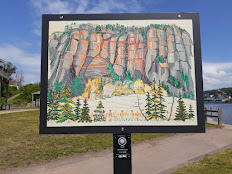





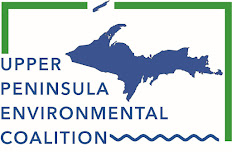
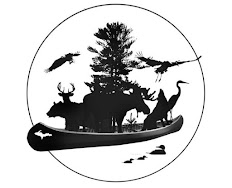
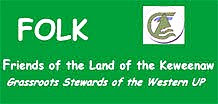



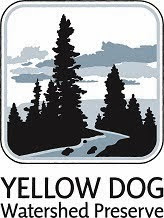


























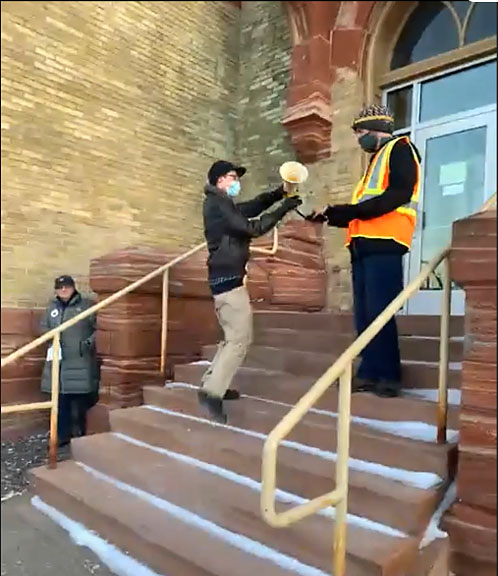
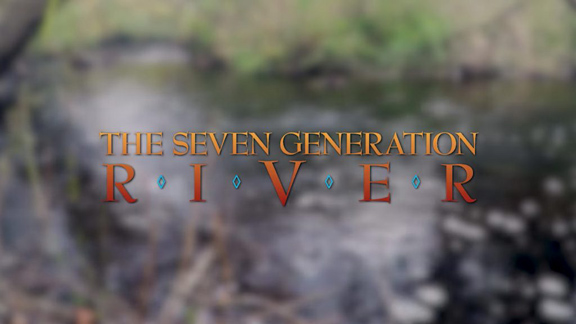


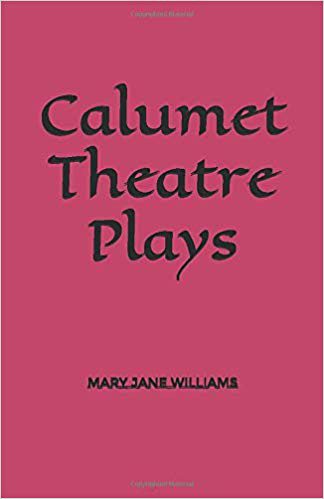
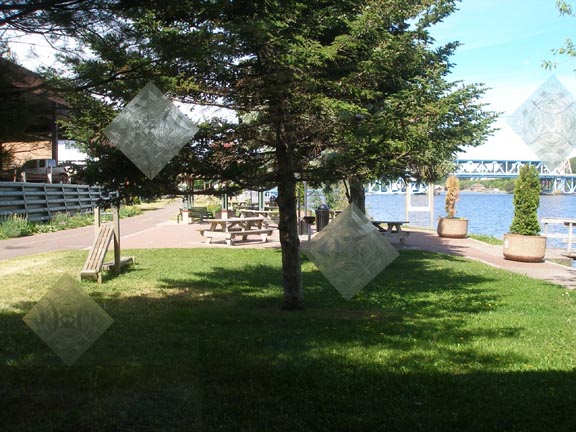







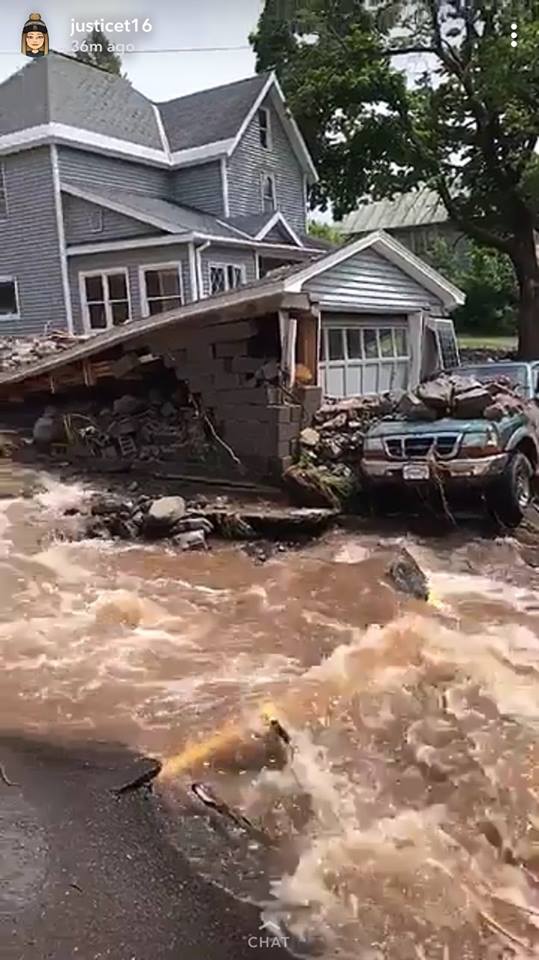

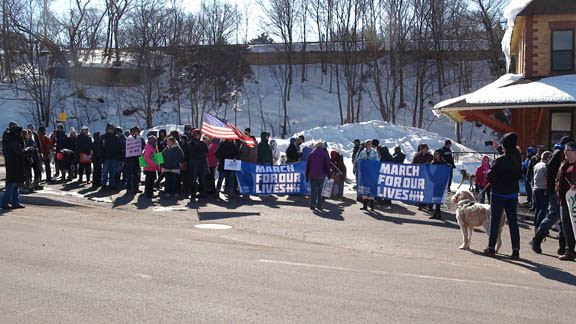
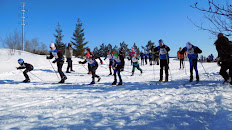

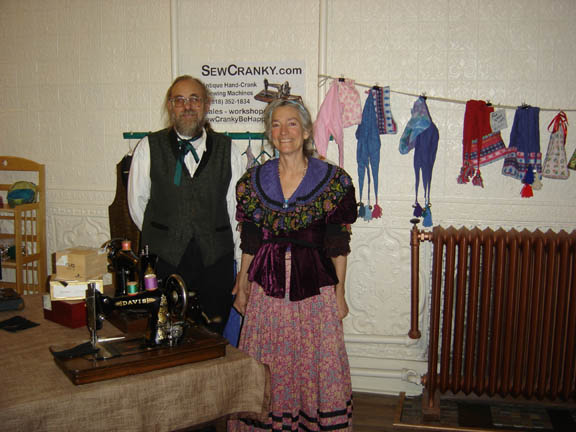
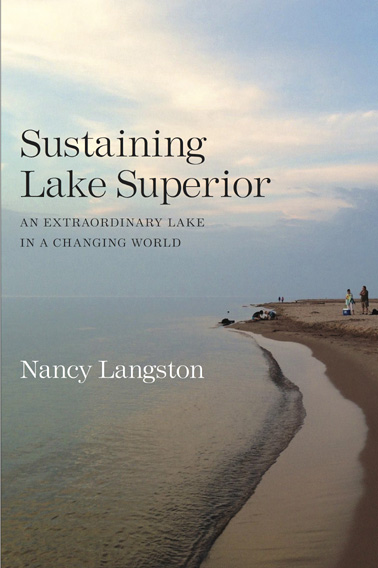

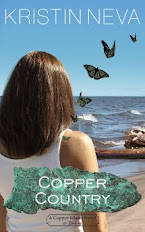






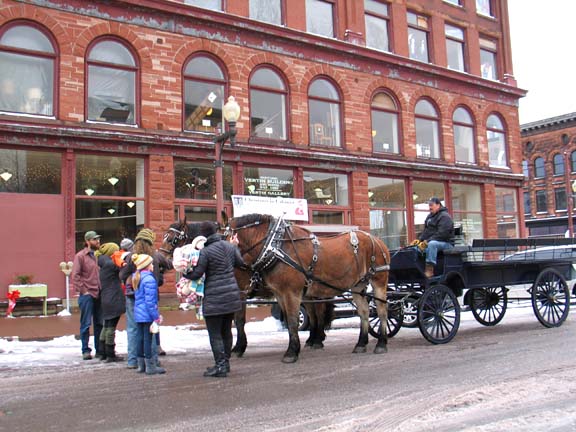

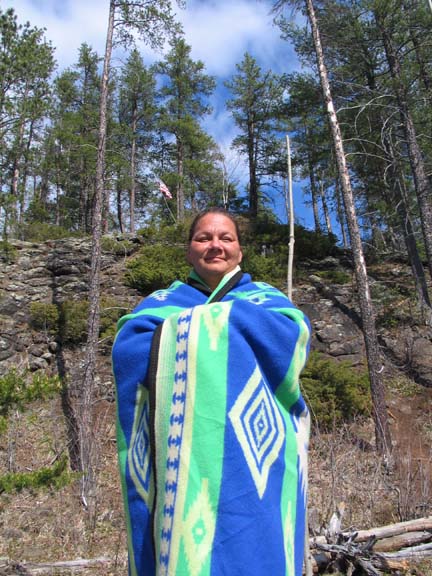


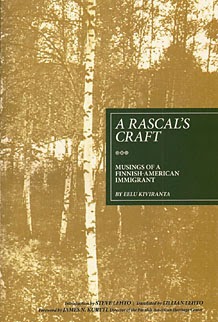

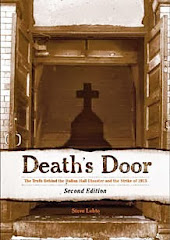
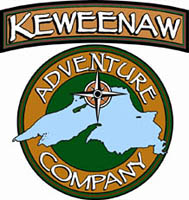
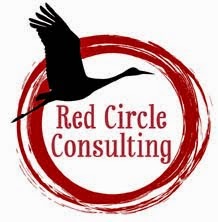


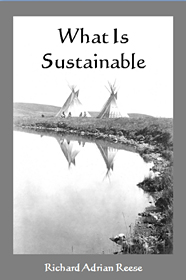


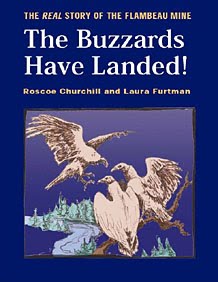

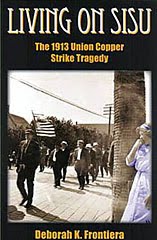


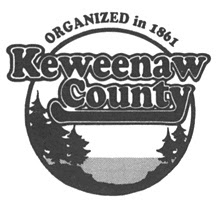

No comments:
Post a Comment